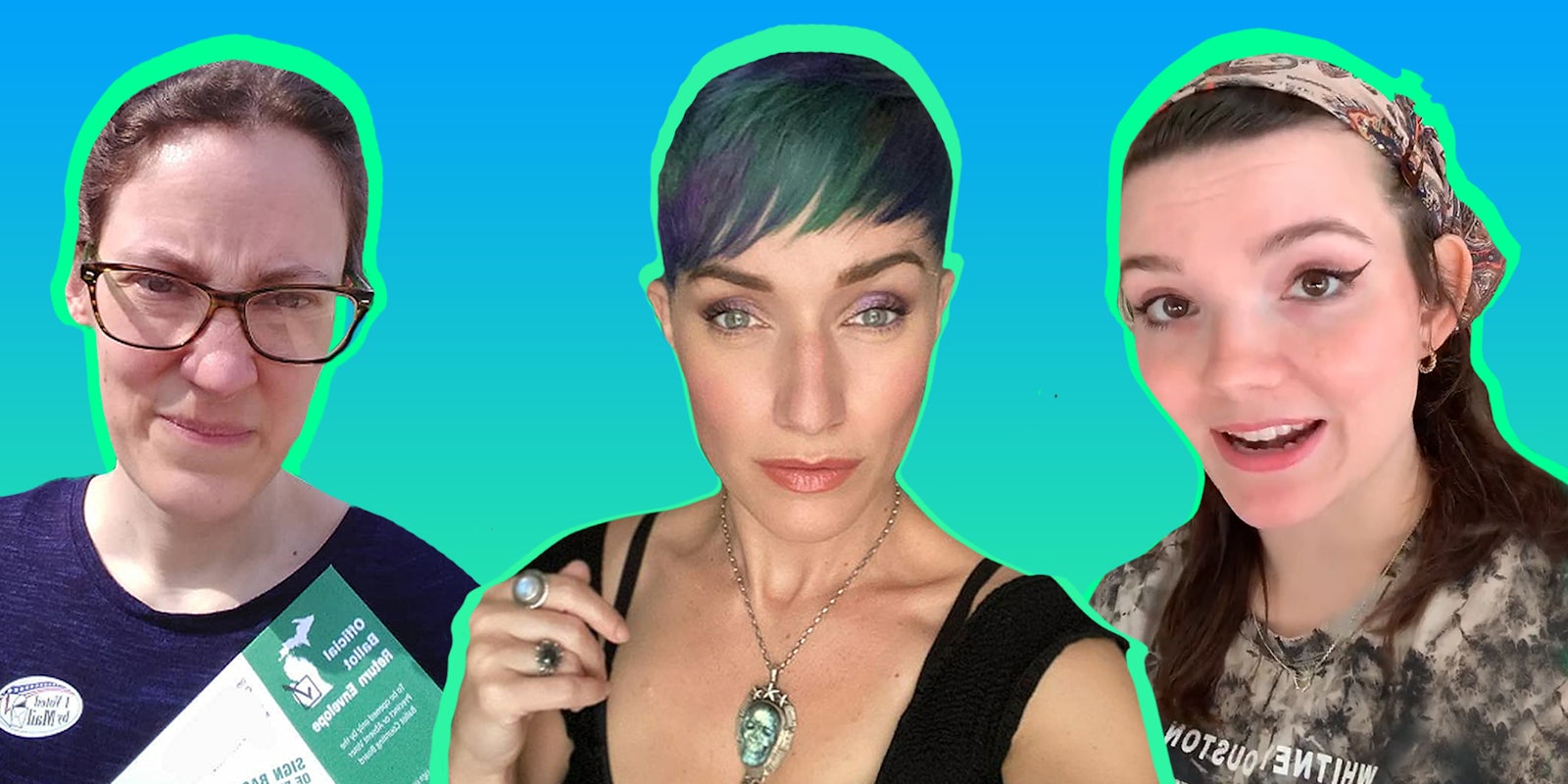
This story was originally published on Passionfruit.
Can you imagine if your life depended on creating content? For the average employed and able-bodied person, social media is a helpful tool, a source of income, and a way to connect with others. For disabled people, it’s all these things and more. In some cases, it’s literally a lifesaving resource. Disabled people are turning to the internet for access to basic needs, like mobility aids, accessibility measures, and even limbs.
As with any kind of content creation, disabled creators take many different routes— funny videos, informative Reels, and so on. But in a digital world of able-bodied people, disabled people are increasingly burdened with having to stand out. If you’re too disabled, no one wants to watch your videos. If you’re not disabled enough, no one wants to donate to your cause. Disabled creators have to walk a fine line between palatable, relevant, and pitiable.



